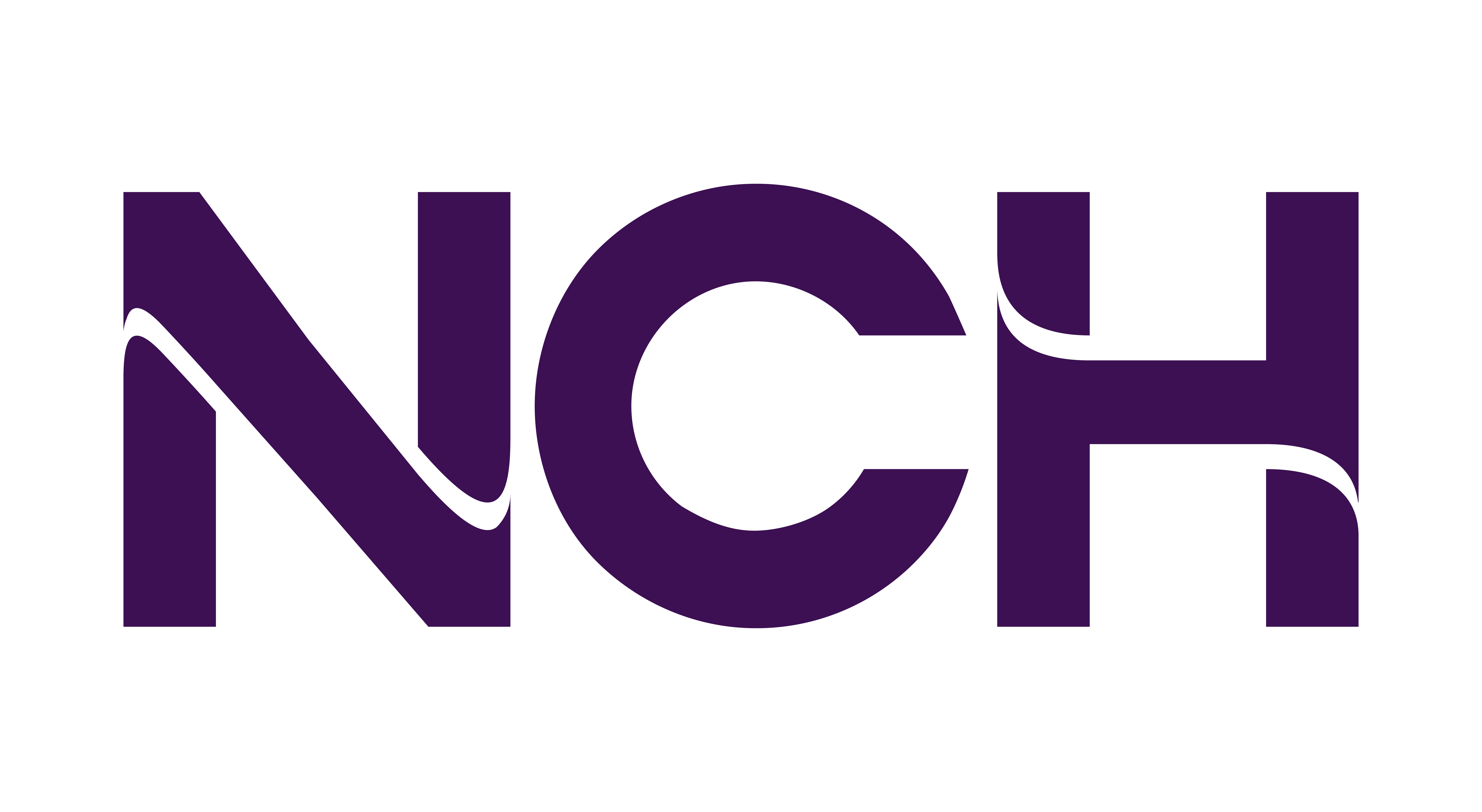Educational session will highlight how health system eased transition to new EHR with relevant, actionable medication decision support from FDB
SOUTH SAN FRANCISCO, March 1, 2024 – FDB (First Databank, Inc.), the leading provider of drug knowledge that helps healthcare professionals make precise decisions, announces the success of its collaboration with NCH (Naples Comprehensive Health) in Southwest Florida. NCH has leveraged FDB solutions to optimize medication decision support, making alerts more meaningful and relevant to clinicians while significantly reducing overall alert volume.
At the upcoming HIMSS24 conference in Orlando, David R. Linz, MD, Chief Medical Informatics Officer at NCH, will lead an educational session highlighting how the health system effectively integrated FDB Targeted Medication Warnings™ and FDB AlertSpace® solutions into its new electronic health record (EHR) system. The session will illuminate NCH’s journey in enhancing medication decision support for improved patient safety, creating a more manageable workflow for physicians with less potential for alert fatigue.
The NCH education session, titled “Introducing More Meaningful Medication Guidance While Tackling Alert Overload,” is scheduled for 1:30-2:30 pm ET, Tuesday, March 12, in W311A, West Building, Level 3 in the Orange County Convention Center in Orlando.
In transitioning to a new EHR system, NCH physicians experienced a shift in their workflow, encountering non-critical-level medication decision support alerts for the first time. NCH recognized the potential burden this could pose to prescribers and sought to reduce the number of these alerts that would be presented to clinicians. They also recognized an opportunity to introduce optimized next-generation clinical decision support (CDS) that prioritizes actionable medication guidance specific to each patient.
NCH turned to FDB for solutions in early 2023. Working collaboratively for just one hour a week over 12 weeks, the team implemented new targeted medication decision support based on a patient’s unique clinical context.
These “patient-first” medication decision support alerts for hyperkalemia, QT prolongation, opioids in an outpatient setting, and nephrotoxicity, in their generalized versions, were frequently dismissed by physicians due to lack of relevance to the patient’s clinical status and other factors.
By presenting medication alerts only when patient-specific parameters are met, in addition to customizing non-critical-level medication alerts and streamlining the alert development process, NCH successfully enhanced clinical relevance and reduced alert volume.
The implementation yielded remarkable results, with related drug-drug interaction (DDI) alerts decreasing by up to 37.5%, and specific high-volume alerts dropping by as much as 94%. In only the first round of improvement, Dr. Linz estimates an overall reduction of 25% in medication CDS alerts per order, significantly alleviating alert fatigue among clinicians and improving workflow efficiency. He anticipates continued reductions with subsequent iterations review and optimization.
The medication CDS optimization initiative has also contributed to NCH’s improvement in its Leapfrog CPOE test results. To meet the CPOE standard set by the Leapfrog Hospital Survey on patient safety, hospitals must demonstrate, via the Leapfrog CPOE Evaluation Tool, that their inpatient CPOE systems can alert prescribers to at least 60% of frequent serious medication errors known to cause harm to patients. The Leapfrog CPOE Evaluation Tool also helps hospitals improve their use of CDS to reduce adverse drug events and improve medication safety.
Dr. Linz emphasized, “Our collaboration with FDB has enabled us to deliver the right medication alerts at the right time, ensuring optimal patient care while minimizing clinician burden. By leveraging FDB’s expertise and solutions, we eased the transition to our new EHR while achieving substantial improvements in patient safety and workflow efficiency and we were able to do so with fewer resources and in significantly less time.”
Furthermore, NCH will continue to rely on FDB for ongoing vetting and updating of medication decision support alert content, ensuring the delivery of timely and relevant information to clinicians. This partnership underscores NCH’s commitment to enhancing patient safety and mitigating physician frustration associated with irrelevant alerts.
Bob Katter, President of FDB, commented, “NCH Healthcare System’s success story serves as a beacon for healthcare organizations grappling with alert fatigue and clinician burnout. By harnessing the power of FDB solutions, NCH has demonstrated exemplary leadership in delivering safe, high-quality care to their community.”
To learn more about NCH’s journey and the impact of FDB solutions, attend Dr. Linz’s educational session at HIMSS24 or visit FDB at booth #1747.




